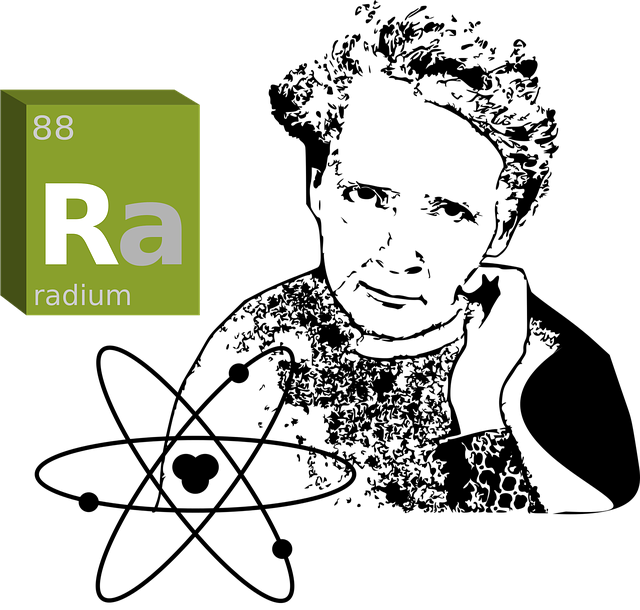Marie Curie-Sklodowska\’s exceptionalism was already evident from her student days, when she had a strong interest in the study of physics and chemistry; for the late 19th century, this was incomprehensible to many people; she was a woman of great talent and great influence. She was fluent in four languages: Russian, French, German, and English. Her sister Bronia was also gifted.

o They may have received their talents from their parents, who were teachers.
]
o Perhaps that is why the parents did not dissuade their daughters from their desire for education.
]
However, there was a problem.Poland at that time was under the rule of the Russian czar, and the Poles were somewhat forgotten.Despite all obstacles, Sister Bronia eventually became a doctor, and Marie began her studies in Paris. Although she could hardly afford to eat, she felt free and independent. She was able to pursue her dreams.

She was devastated by her own discoveries
.
In 1893, she placed first in her physics final exam and second a year later. She won a foreign scholarship and prepared for her doctorate. Then fate intervened greatly in her life by setting the young scientistPierre Curie on her path.
o He had no intention of starting a family or getting married, but he noticed a tightened soul in Marie and changed his plans.
o Thus, not only were two people in love brought together, but, importantly for humanity, two brilliant minds were brought together.
]
At the end of the 19th century, the first truly great discovery was imminent.After the discovery of X-rays by Wilhelm Conrad Roentgen, radium chloride was isolated in the improvised workshop of Curie and his wife, and radioactivity was discovered.Radium became an effective treatment for skin and laryngeal cancers. Eventually, however, constant contact with radioactivity made Mary herself ill, and the element she discovered killed her.
– Everything she sought in life was for the good of humanity.
– The awards given to her meant nothing to her.
– Not even the most esteemed Nobel Prize.
[33